
"omae wa mou shindeiru" by TheNatureBoyy Redbubble
Finally,we have shinde iru (死んでいる) which means someone is dead. The Japanese word 死ぬ is the 'verb form' for to die. Here it is combined in the iru-verb いる and is in its te-form of 死んで which is exactly like the -ing ending in English. The literal translation of this word into English does not exactly go with its.
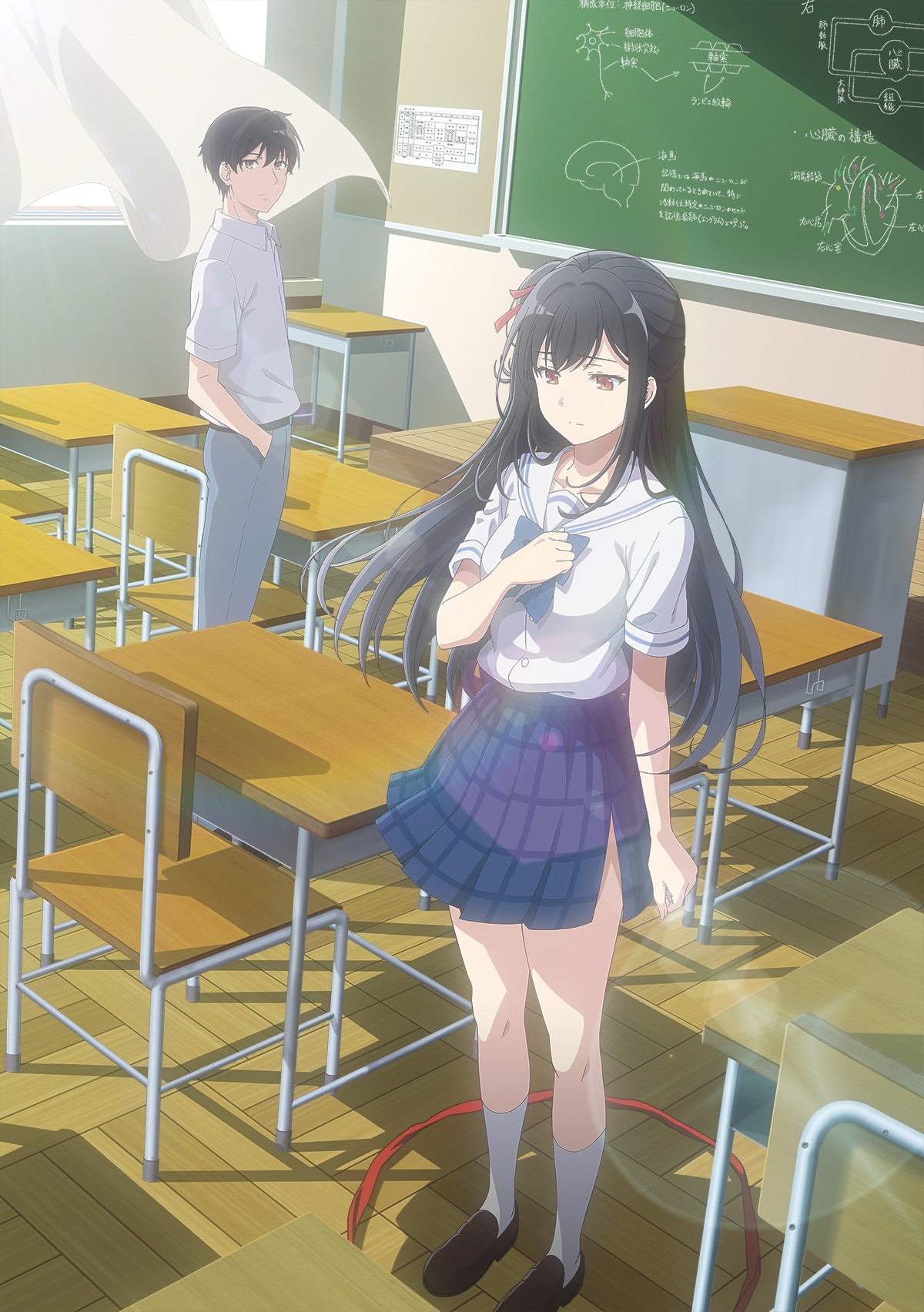
El anime Tantei wa Mou, Shindeiru revela un nuevo visual SomosKudasai
Mou sugu motto motto yobu kara. [Verse: 3L] Atarimae mitai na kotoba nante yamete yo. Datte hoshii no, honto no kimochi dake. Mada, mada, kodomo datte iun desho. Wakatteru no kawaritai no dakedo.

Omae wa mou shindeiru YouTube
"I am already dead" Deriving from Omae wa mou shindeiru, it is usually used unironically among friends. It is also a cry for help that will be laughed at as you circle into the depths of despair, leaving behind any sanity you possess.
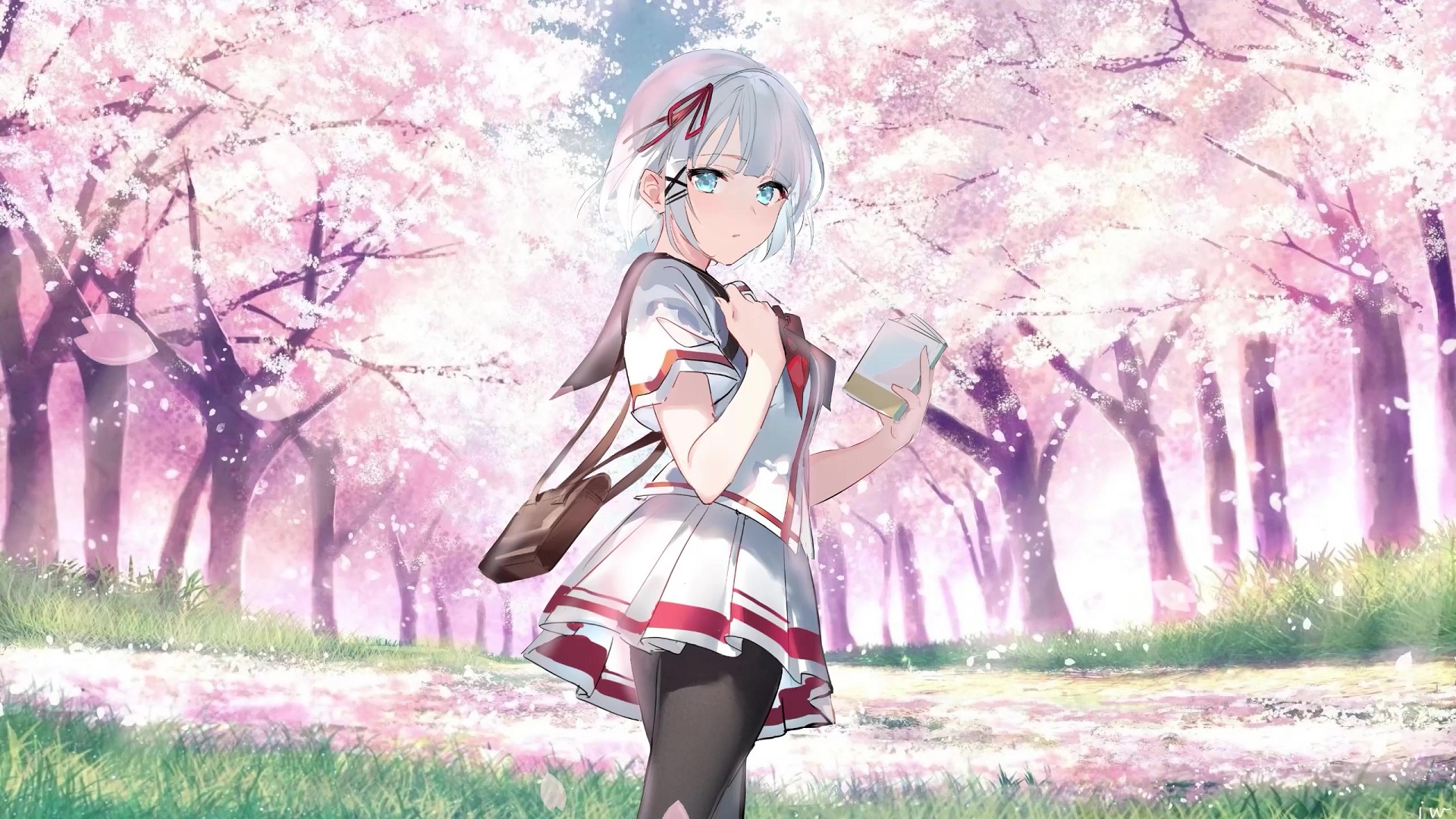
1 Tantei Wa Mou Shindeiru Live Wallpapers, Animated Wallpapers MoeWalls
Omae wa Mou Shindeiru Lyrics [Intro] Alright, now to wrap it up [Chorus] Joe got the strings cut off from his puppets (Pinocchio) Aaron got Vorbis rolled from his dumb shit (*shit sound*) Imma.

Shin no Seijo de aru Watashi wa Tsuihou Saremashita. Dakara Kono Kuni wa Mou Owari desu Chapter
Follow : ️https://open.spotify.com/user/31mv3l756iqrevfzic5bzneqw2x4?si=SNu_-D99S9i7ZytT_dPt4w ️https://instagram.com/sharklyrics_?igshid=xqdohywpv5lw ️http.
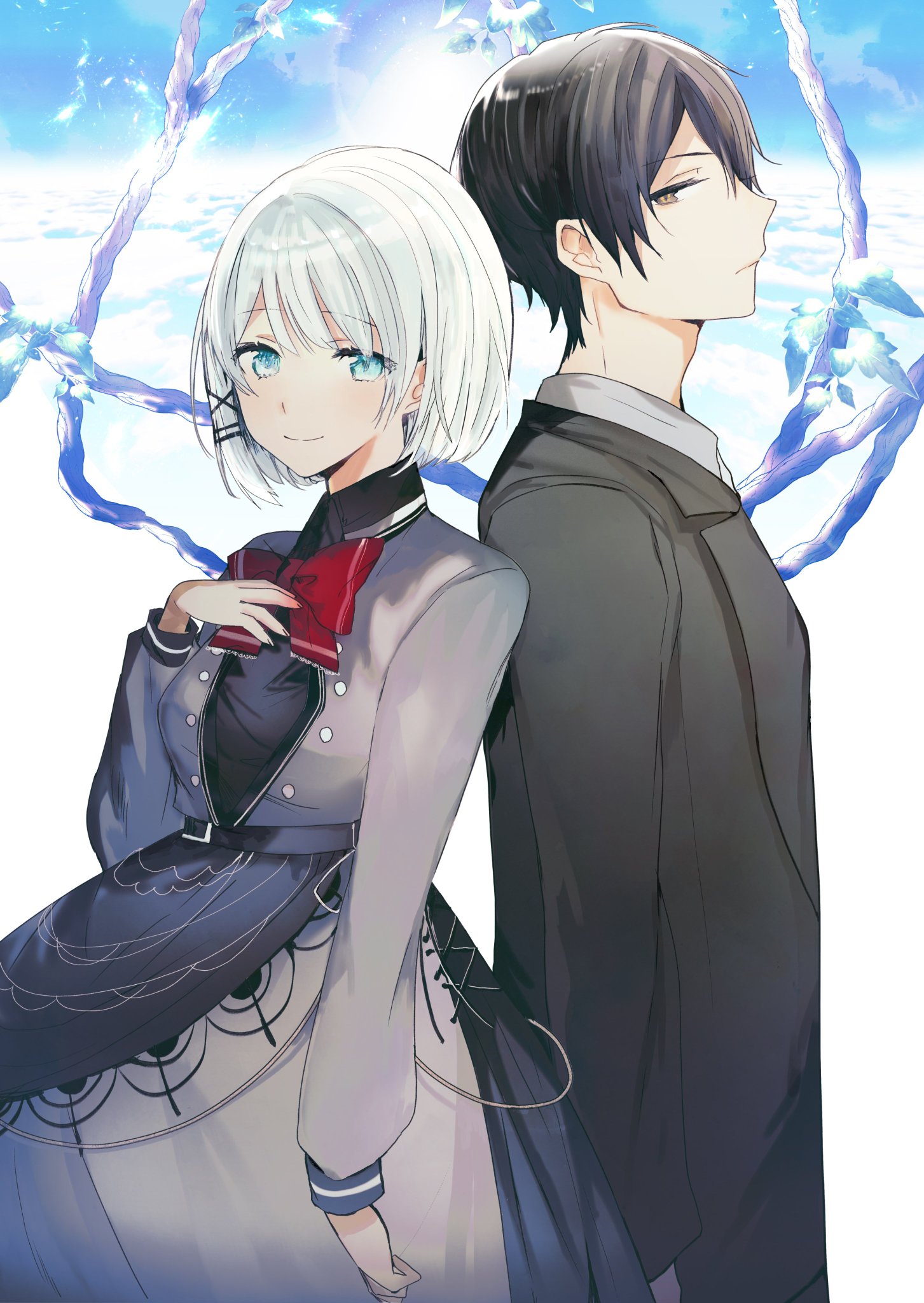
Las novelas ligeras Tantei wa Mou, Shindeiru tendrán un nuevo manga — Kudasai
Likewise, 結婚 けっこん している means " (I) am married" rather than " (I) am marrying (now)." The state of being married. 死 し んでいる means someone or something died and, unless we are in a zombie apocalypse, that state hasn't changed. He/it is still dead -- not dead ing. The state of being dead.
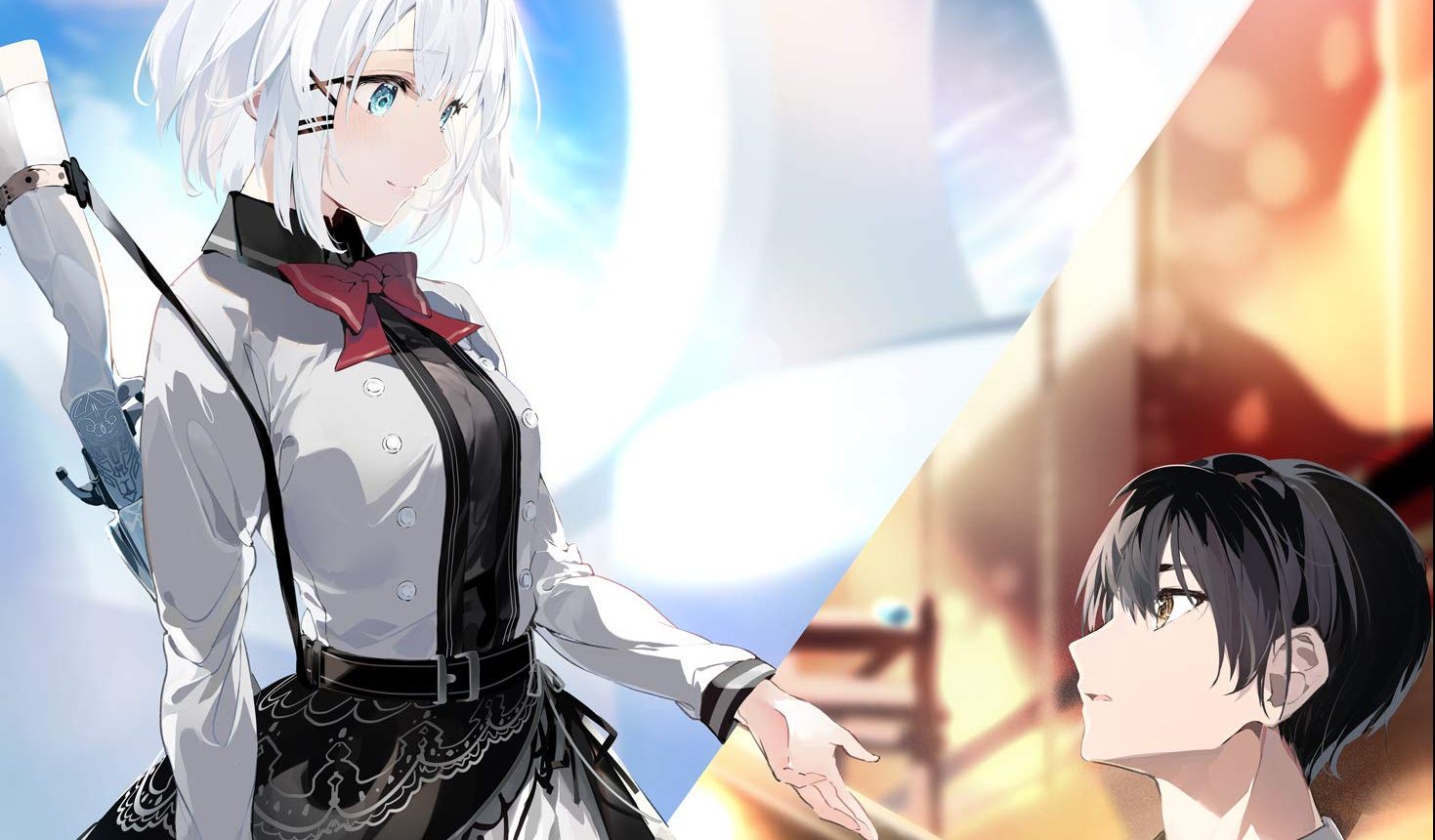
Tantei wa Mou, Shindeiru ganhará adaptação para anime Anime United
When translated to English, it means "you are already dead." The phrase gained popularity through the well-known Japanese anime/manga series Fist of the North Star, where it was spoken by the protagonist Kenshiro during fight scenes with his adversaries. The phrase became a meme and was often followed by the response "NANI".
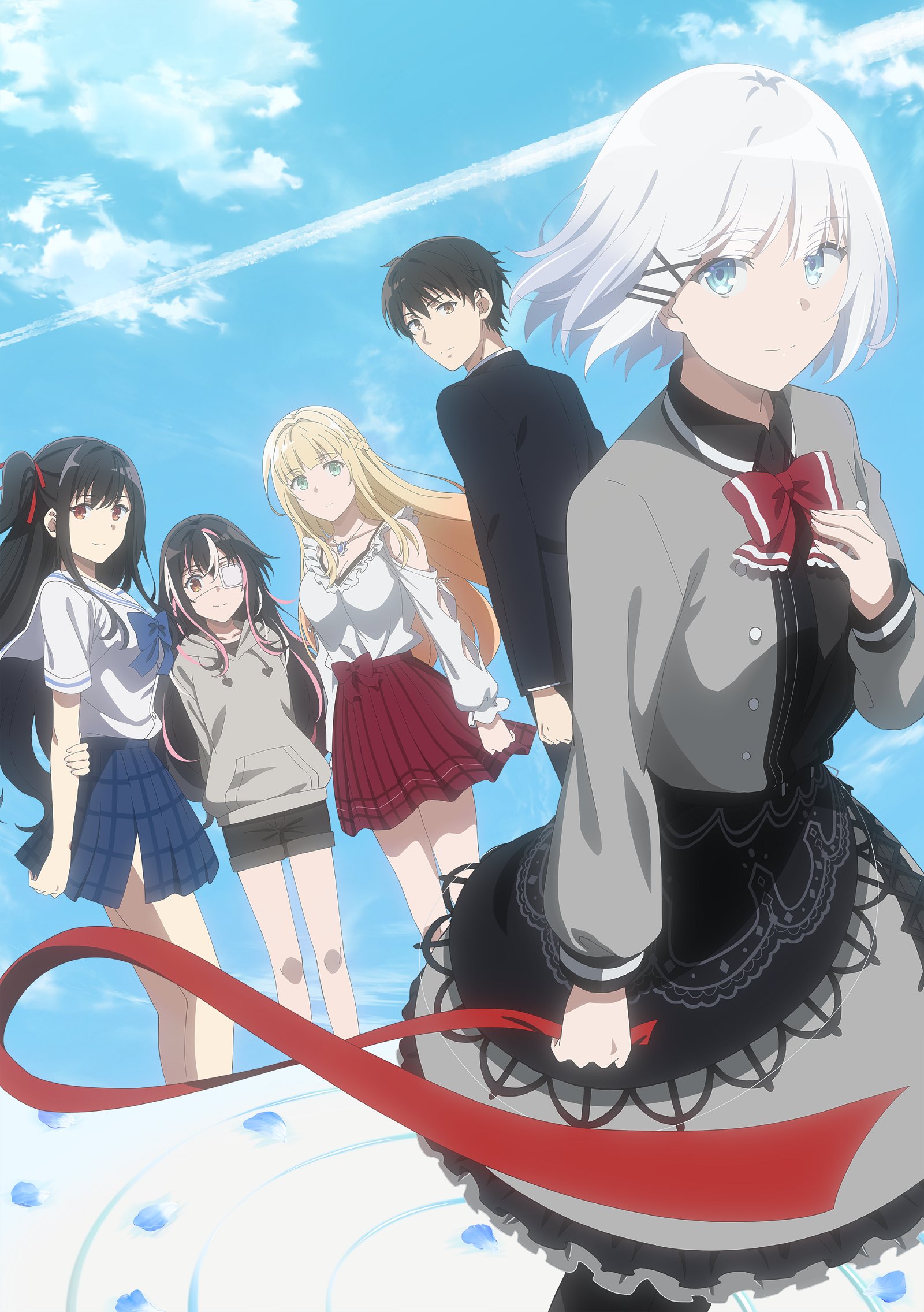
El anime Tantei wa Mou, Shindeiru revela un nuevo visual y confirma 12 episodios — Kudasai
The anime premiered in Japan in 1983 and focuses on the character of Kenshiro, a martial arts master called Hokuto Shinken. This art causes the protagonist to attack the opponent's pressure points, killing a little later through an eruption inside the body. On that occasion the protagonist lets out this beautiful phrase:

Tantei wa mou Shindeiru 01 [First Look] Anime Evo
A mysterious woman and self-proclaimed "master detective" who owns a musket and seven items with magical abilities. Her motto is to solve criminal cases before they happen. Until her death, Siesta was a member of the Twelve Tuners, an organization of twelve people who want to save the world from chaos.

Pin en Tantei Wa Mou Shindeiru
NANI!? OMAE WA MOU SHINDEIRU (BIGGEST COMPILATION)Memes Manufacturing Group : https://www.facebook.com/groups/MemesFactoryGlobal/Credits: Nani!? by ravenst.
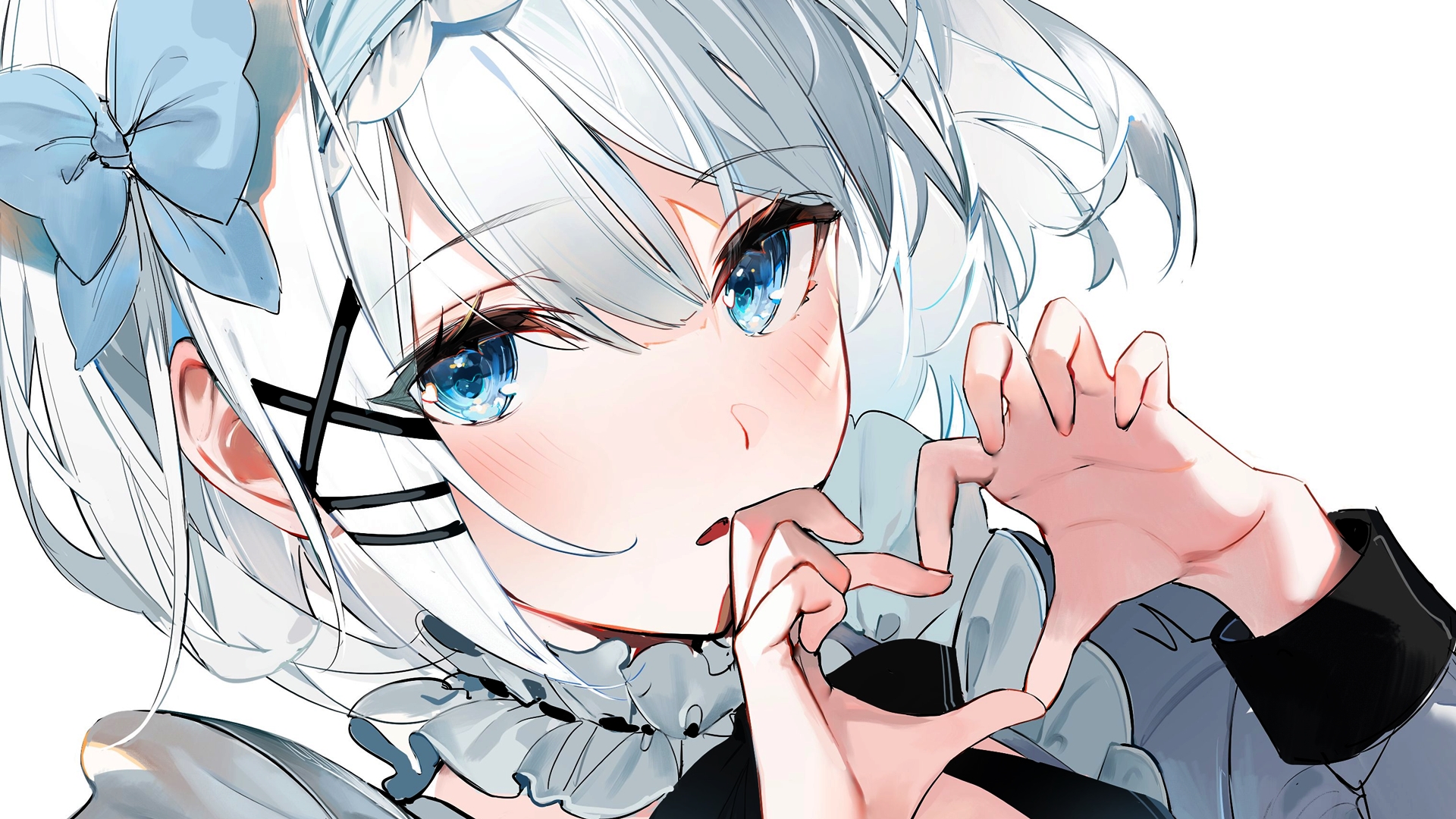
Tantei wa Mou, Shindeiru supera el millón de copias en circulación — Kudasai
Ep 1: Kenshiro shows off the power of the Hundred Crack Fist! Watch Fist of the North Star on Crunchyroll! https://got.cr/cc-fotns1Crunchyroll Collection bri.
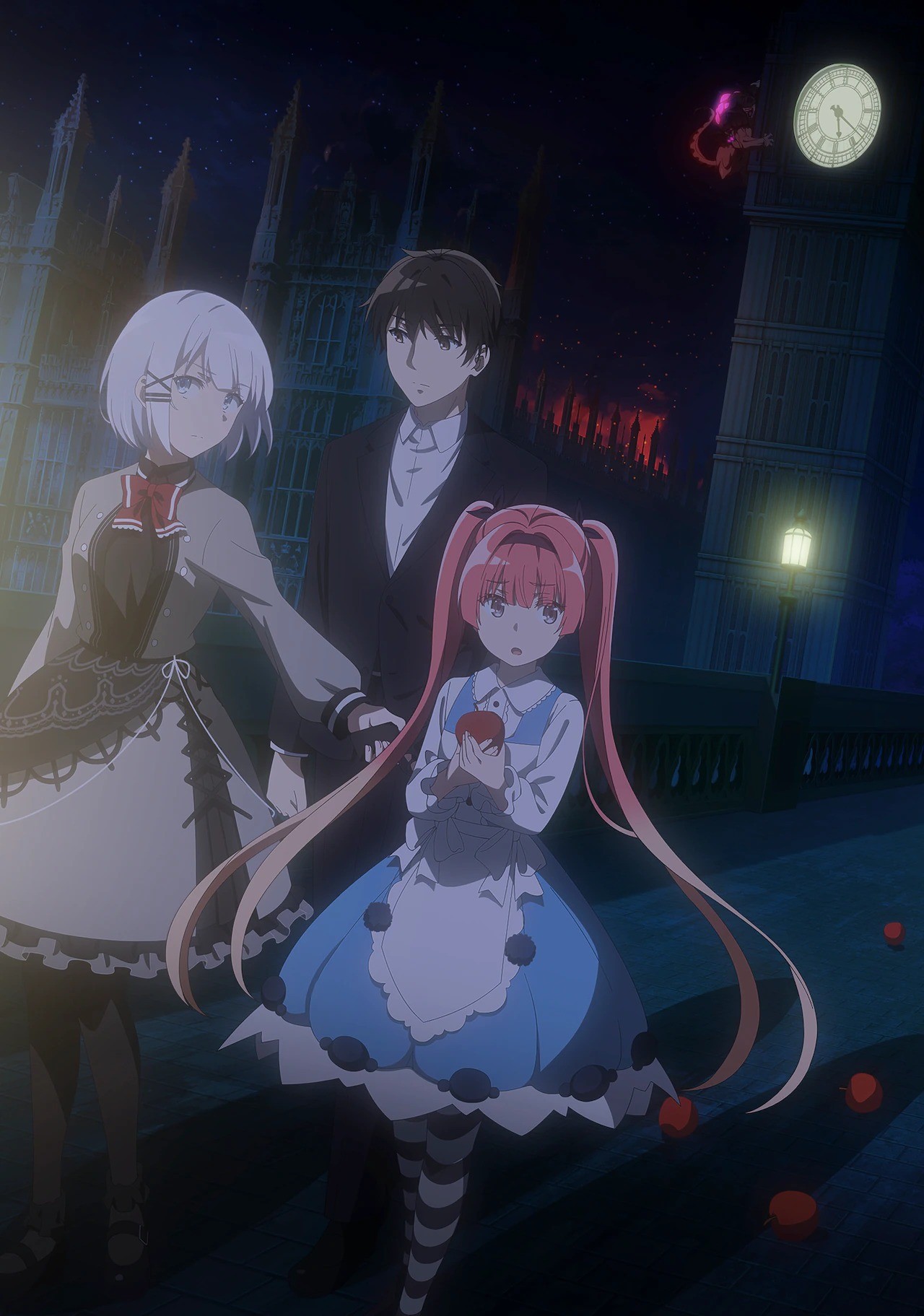
El anime Tantei wa Mou, Shindeiru revela su quinto visual SomosKudasai
What does omae wa mou shindeiru mean? According to 7ESL, This is Japan, and Medium, the term omae wa mou shindeiru means "you are already dead" in its common English translation. This is a bit like the phrase "hasta la vista," popularized by the 1991 American movie Terminator 2: Judgment Day. Omae is the Japanese word for the male "you."
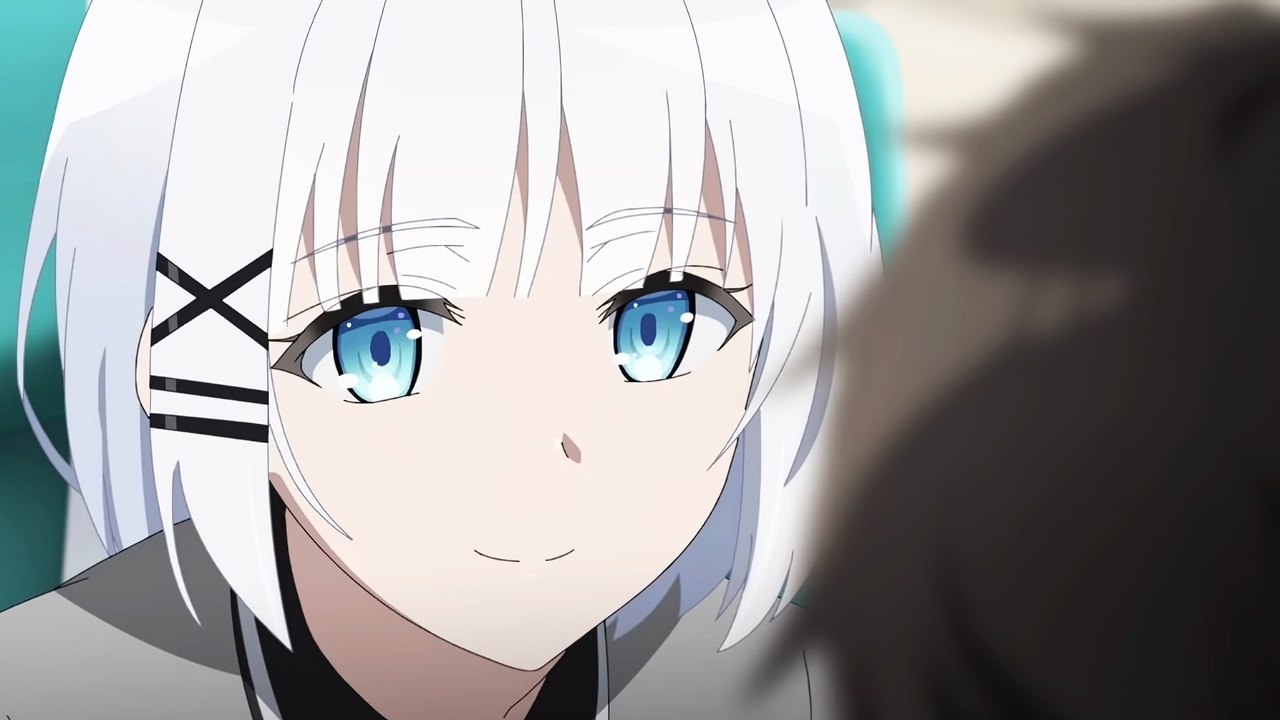
Siesta no iba a ser un personaje principal en Tantei wa Mou, Shindeiru — Kudasai
お前はもう死んでいる。 And in English it means "You are already dead." Now the first word used is お前 (omae) which is kind of a vulgar way to say "you" in Japanese. It is a lot more common to use the other person's last name when speaking Japanese, in place of the pronoun "you" but anime tends to break this rule of decency and instead use お前.

Tantei wa mou Shindeiru 01 [First Look] Anime Evo
The phrase consists of four basic Japanese words. Omae is the word for "you" in the male form. In the Japanese language, the words are gendered. This way of saying "you" is rough and kind of rude because it has an aggressive connotation. The second word wa is a verb, and it means "being". It's the equivalent of "is" or "are" in English.

Tantei wa Mou Shindeiru. Image by Umibouz 3342437 Zerochan Anime Image Board
The phrase "Omae Wa Mou Shinderiu" hails from the birthplace of anime, Japan.. It made its debut in 1983 on an animated show called "Fist of the North Star." This move is so lethal that you can't even catch a glimpse when Kenshiro executes it.. It involves rapid-fire punches to specific pressure points on your opponent's body, which sets off a countdown until their insides combust.

'Tantei wa Mou, Shindeiru.' libera una nueva versión de su quinta imagen promocional
The phrase "wa" means "are," "mou" means "already," and "shindeiru" means "dead." It's important to note that "Omae wa mou shindeiru" can sound harmful or disrespectful if misused. In Japanese culture, it's essential to use formal language and show respect when addressing someone older or with a higher status.